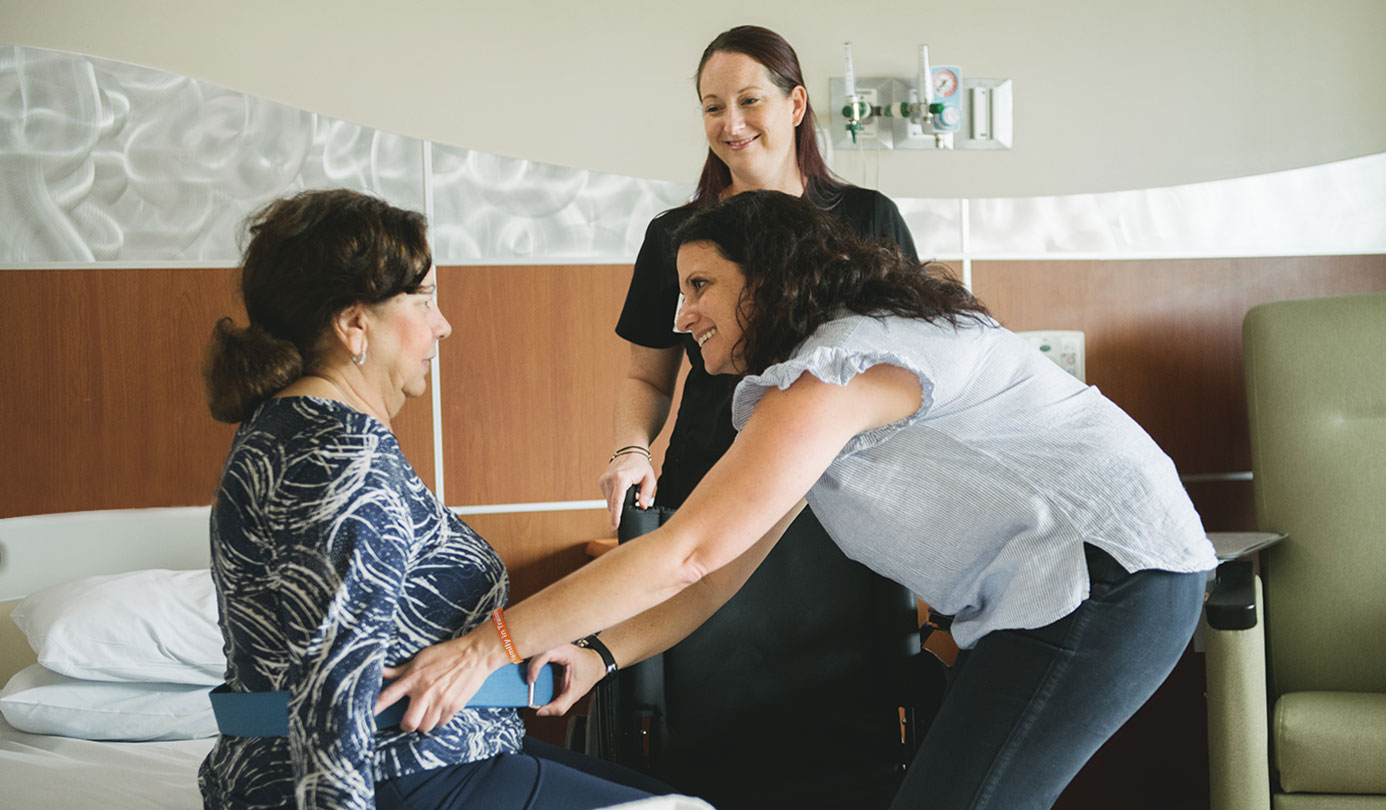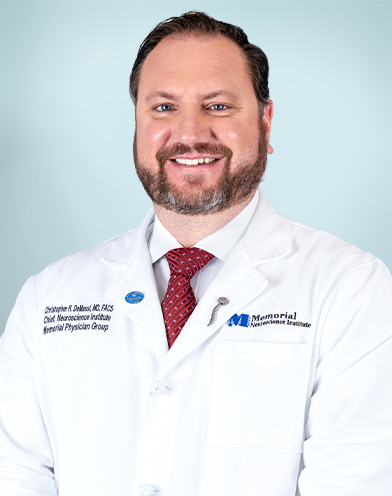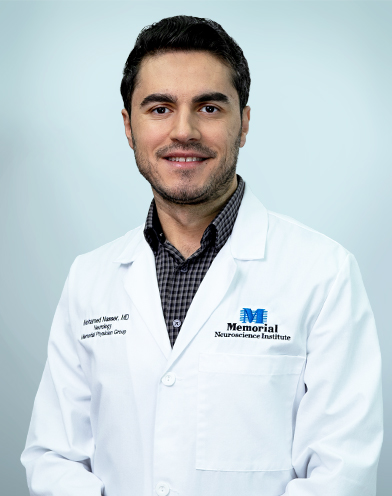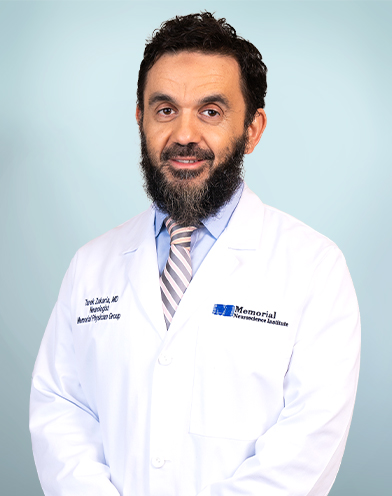Epilepsy
Our accredited Epilepsy Center offers adults comprehensive diagnosis and advanced treatment options
Explore Our Epilepsy Treatments and Services
Call us today to schedule a new appointment or follow-up visit
954-265-9500 Memorial Neuroscience Institute Comprehensive Epilepsy Center is accredited by the National Association of Epilepsy Centers (NAEC) as a Level 4 program, a designation for programs offering the highest level of comprehensive and specialized care.
Memorial Neuroscience Institute Comprehensive Epilepsy Center is accredited by the National Association of Epilepsy Centers (NAEC) as a Level 4 program, a designation for programs offering the highest level of comprehensive and specialized care.
We diagnose, treat and help you manage:
- Epilepsy
- Intractable epilepsy
- Seizures and seizure disorders
- Status epilepticus
- Other clinically complex neurological conditions
Our Services
Our epilepsy treatment approach includes:
- Diet
- Epilepsy surgery
- Medications
- Neurostimulation devices, including vagal nerve stimulation and the newly approved NeuroPace, a leading-edge technology that can detect and terminate seizures by using a sophisticated brain stimulation approach
ROSA Robot Epilepsy Surgery
Robotized Surgical Assistant, or ROSA, is the latest advanced robotic-assisted surgery tool being used by neurosurgeons to treat epileptic seizures without open brain surgery. Acting like a "GPS" for the skull, neurosurgeons use a 3-D reconstruction of a patient’s brain to guide them to make small, precise incisions in the scalp and skull to place electrodes deep in the brain to investigate where seizures are triggered.
NeuroPace
NeuroPace, a small battery-powered device implanted in the skull, records electrical activity in the brain and sends electrical impulses to the brain to prevent seizures. We were the first center in South Florida to perform the NeuroPace surgery and are now one of just a few centers in the nation to provide this everyday extraordinary treatment.
Epilepsy Monitoring Unit
Our epilepsy monitoring unit uses a sophisticated computer monitoring system to record the brain activity of patients who have epilepsy. Patients are observed in a comfortable setting, often with family members present, round the clock for several days. Our expert physicians study this information to pinpoint seizures and create individualized treatment plans.
Call us today to schedule a new appointment or follow-up visit
954-265-9500- Aggressive treatment of status epilepticus
- Brain mapping for eloquent brain cortex localization
- Deep brain stimulation
- Epilepsy surgery
- Awake craniotomy
- Genetic testing
- Intracranial monitoring for difficult-to-treat epilepsy
- Ketogenic diet
- Localization of epileptic focus
- Pre-surgical planning for intractable epilepsy
- Management of epilepsy in special populations (e.g., women, elderly, children, developmentally disabled and individuals with multiple medical problems)
- Management of non-epileptic psychogenic events
- Management of status epilepticus and seizures in hospitalized patients
- Management of women with epilepsy during pregnancy, including pre-pregnancy counseling
- Neuropsychology evaluation
- Vagal nerve stimulation (FDA approved)
- Corpus callosotomy
- Lesional and nonlesional extra-temporal lobe epilepsy
- NeuroPace implantation and programming
- Partial hemispherectomy
- Temporal lobe epilepsy
- Vagal nerve stimulation (VNS)




Call us today to schedule a new appointment or follow-up visit
954-265-9500It matters to you. It matters to us.
Quality and Safety Data for Memorial Healthcare System's Neuroscience Institute
Our goal is to provide our patients with the information they need to make informed choices for themselves and their families.
View Quality and SafetyYou have a right to know about pricing
We want to give you the information you need to make important healthcare decisions.
View PricingMyChart Portal
View test results, schedule follow-up appointments, request prescription refills and more.
Login or Sign-up to MyChart
Patient and Family Centered Care
We treat patients and family members as partners in healthcare.





